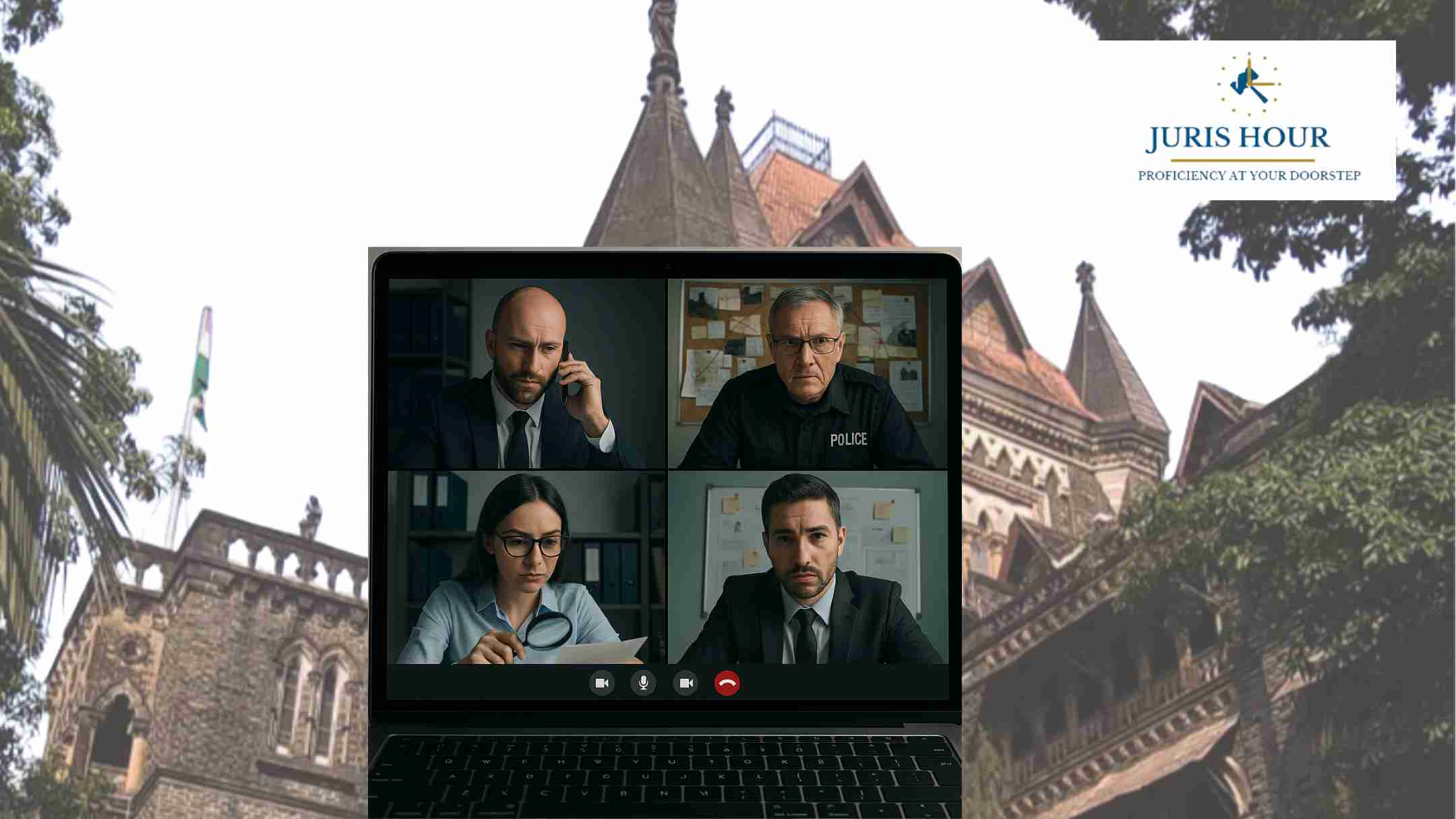Bombay High Court Allows NRI To Record Statement Via Video Conferencing Before Economic Offences Wing

Bombay High Court Allows NRI To Record Statement Via Video Conferencing Before Economic Offences Wing
The Bombay High Court has allowed the Non-Resident Indian (NRI) to record statements via video conferencing before the Economic Offences Wing (EOW).
The bench of Binu Tamta (Judicial Member) and Hemambika R. Priya (Technical Member) has observed that the statutory framework under the CrPC, particularly the proviso to Section 161, as well as the corresponding provisions under Section 180 of the BNSS, expressly recognises and facilitates the conduct of trial related procedures and examination of witnesses through audio video electronic means.
The petitioner is a NRI, presently residing in the UAE since the year 2017, where he is engaged in business activities. The petitioner holds a valid Indian Passport and, in the course of his professional obligations, has frequently travelled to and from India.
The record reveals that upon becoming aware in the UAE that his passport was being withheld at the behest of the EOW, the petitioner promptly addressed a letter dated 13 February 2025 to the EOW.
In the letter, the petitioner voluntarily offered to cooperate with the ongoing investigation and expressed his readiness to have his statement recorded through audio-video electronic means. Despite this, the EOW did not respond to the petitioner’s communication. In the absence of any reply, the petitioner was constrained to file an application before the learned Special MPID Court, wherein he sought permission to renew his passport and requested leave to participate in the investigation through audio-video electronic means.
However, the application came to be rejected by order dated 9 April 2025. In light of the EOW’s directions to withhold the renewal of the petitioner’s passport, the petitioner has been rendered incapable of returning to India, thereby preventing him from appearing in-person before the investigating officer. The petitioner now seeks the indulgence of this Court to permit him to appear before the investigating officer via audio video electronic means and to cooperate fully with the investigation.
The petitioner contended that Section 102 of the CrPC, the police may seize property, including documents such as a passport, during the course of an investigation. However, the authority to impound a passport is exclusively vested in the competent passport authority under Section 10(3) of the Passports Act, 1967. This statutory provision mandates adherence to due process, including the issuance of notice and providing an opportunity of hearing to the passport holder before any such adverse action is taken.
The court directed the petitioner to appear before the investigating officer through audio-video electronic means for the purpose of recording his statement in connection with the investigation.
Case Details
Case Title: Gaurav Goenka Versus The State of Maharashtra
Case No.: Cri.Writ Petition No.2557 of 2025
Date: 6 May 2025
Counsel For Petitioner: Dr Sujay Kantawala
Counsel For Respondent: MR Tidke
Read More: 12% Interest On Delayed Refund Of Service Tax Paid By Mistake: CESTAT

